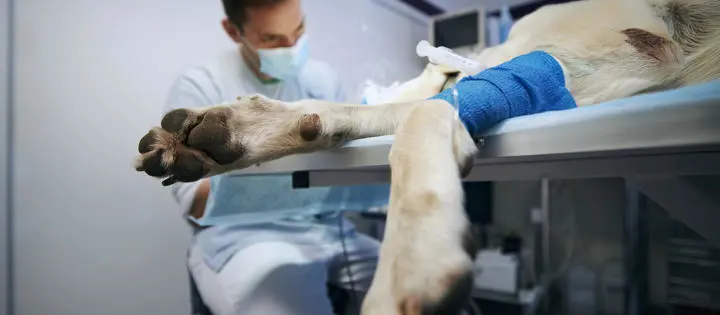Anaesthetic Gases Are Polluting the Atmosphere, But a New Fix Could Help

When we think of sources of greenhouse gases, our minds often jump to smokestacks, cars, or cows. But a new study shows that anaesthetic gases used in surgeries, even those for animals, are drifting into the atmosphere and adding to climate change.
Researchers at the University of Nottingham have discovered that the gases exhaled by anaesthetised veterinary patients aren’t just disappearing into the air, they’re contributing to global warming.
“These gases are incredibly potent,” says Dr. Gareth Hathway, part of the team behind the study. “They’re used for just minutes during surgeries, but can stay in the atmosphere for years, with a warming potential thousands of times greater than carbon dioxide.”
The team found that many clinics and hospitals simply vent these gases outside, unaware of their impact. But the new research didn’t stop at identifying the problem, it also offers a solution.
Working with veterinary hospitals and sustainability engineers, the researchers tested capture technologies that can absorb anaesthetic gases before they escape. These systems, using advanced filtering materials, could prevent up to 95 percent of the gases from entering the atmosphere.
The team hopes this breakthrough will help greener practices take root in both veterinary and human medical settings. While anaesthetics are essential for safe surgery, capturing their emissions could be a low-effort, high-impact way to make medicine more sustainable.
The study also points to a growing awareness of the hidden environmental costs of healthcare, a sector that contributes significantly to national carbon footprints.
“Climate change is a global issue, and every small action counts,” says Dr. Hathway. “If we can reduce emissions from something as routine as anaesthesia, it’s a step in the right direction.”
It’s a reminder that tackling global warming doesn’t always require giant leaps, sometimes, it’s about catching the invisible culprits before they drift too far.